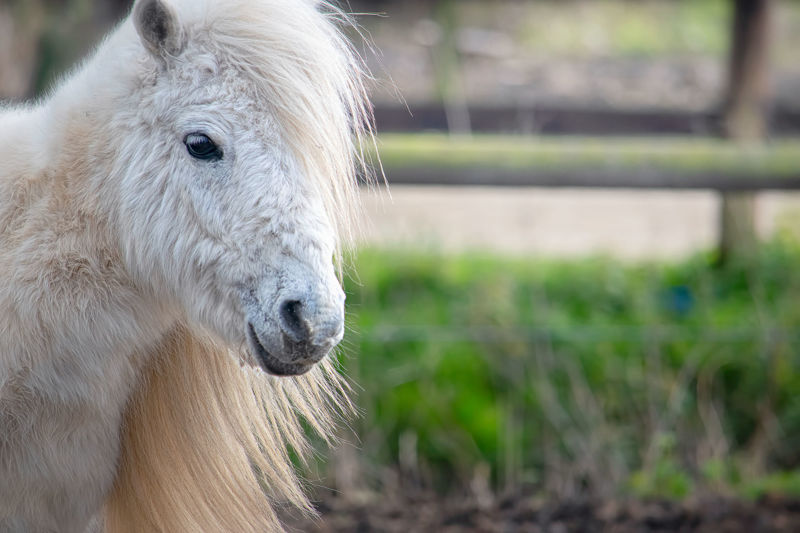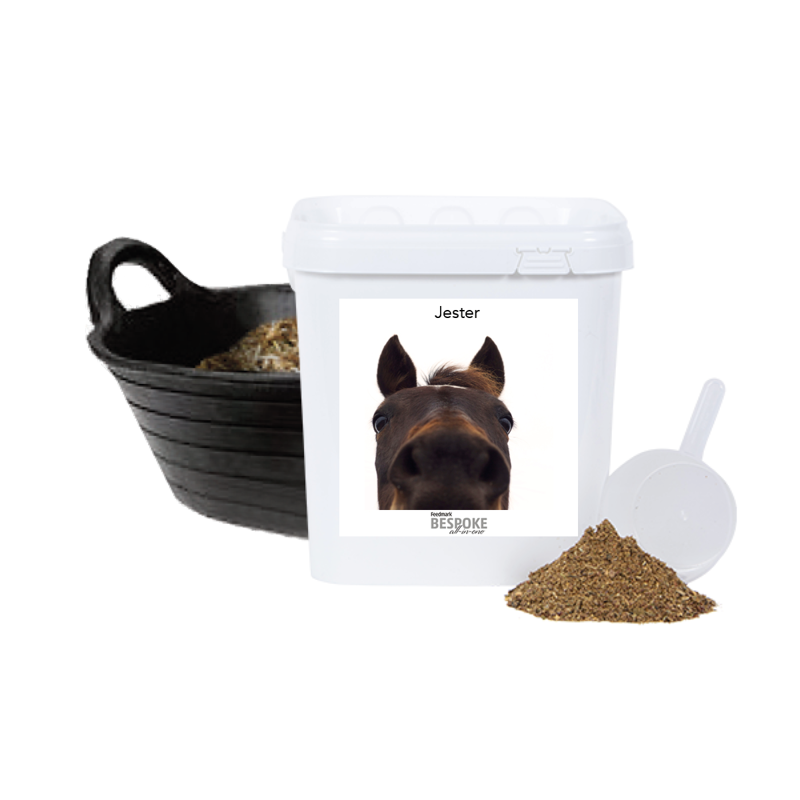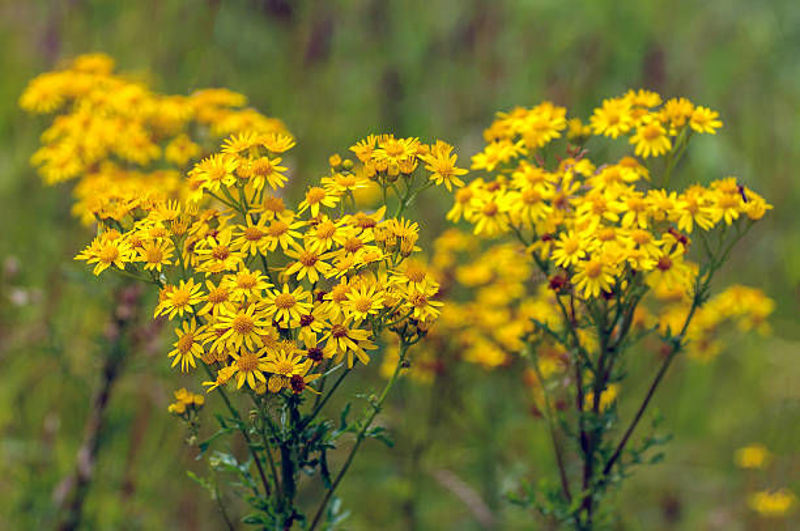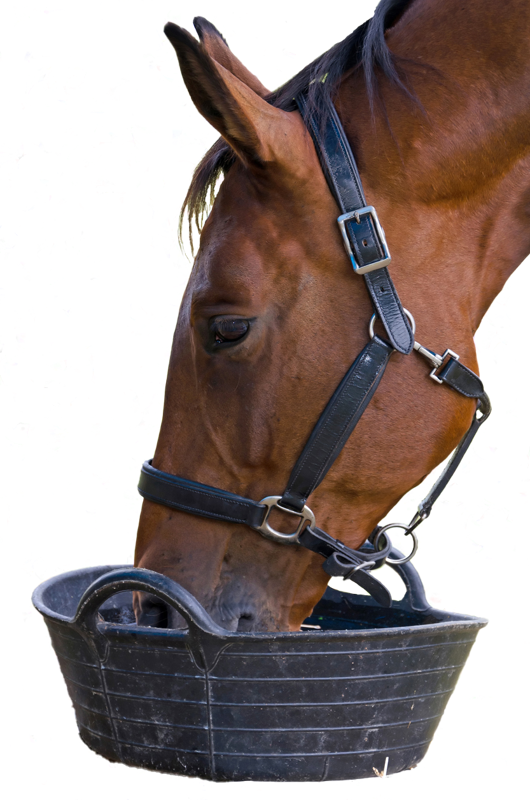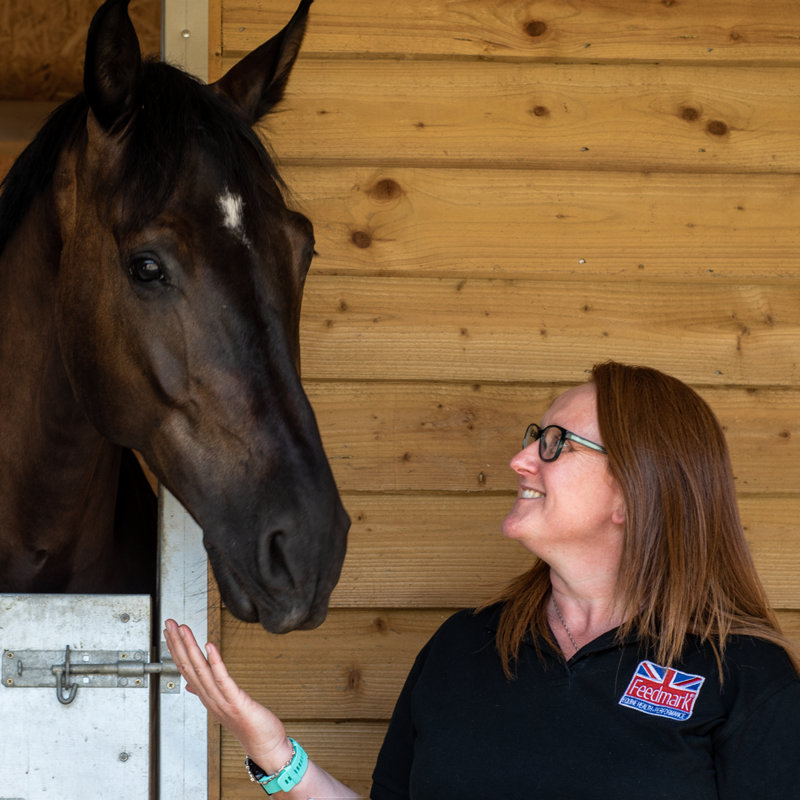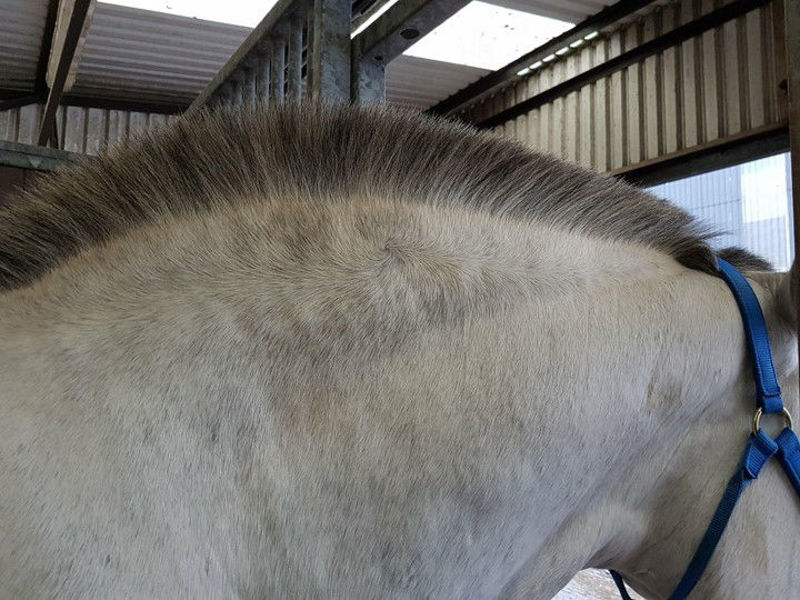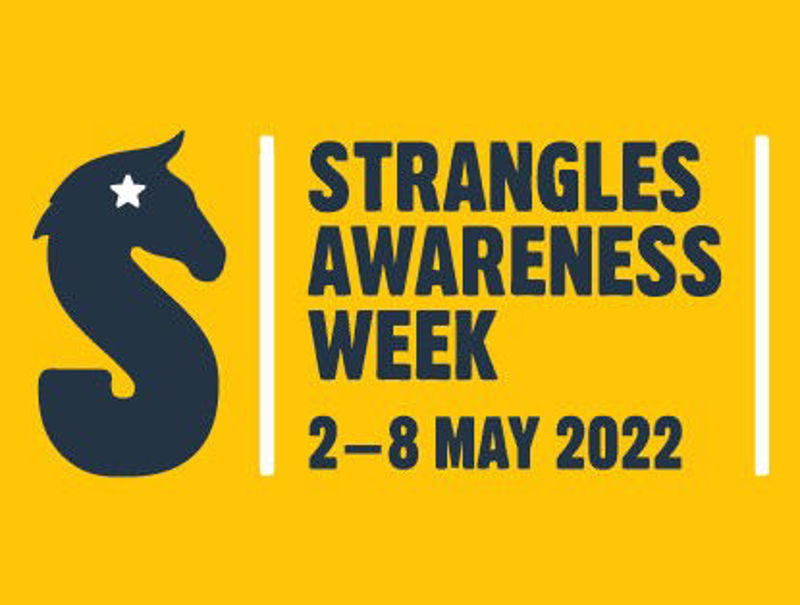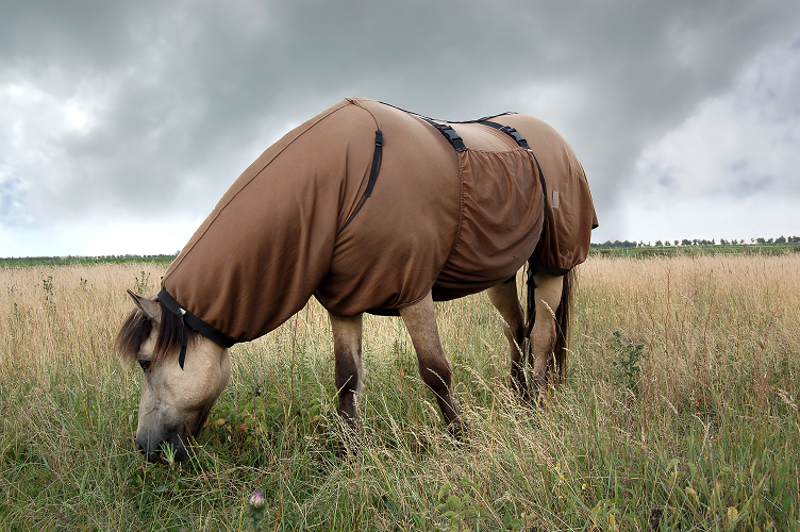Dr. Stephanie Wood explains how the Feedmark team create your horse's Bespoke All-In-One™ to make a truly personalised formulation.
Feedmark's Director of Science and Nutrition, Dr. Stephanie Wood, takes a look prohibited substances and how we can reduce the risk of our horses consuming them.
Dr. Stephanie Wood discusses Pituitary pars intermedia dysfunction (PPID) and the effects on equids.
In the final part of our feed better for less™ series, Dr. Stephanie Wood looks at how to supplement our horses in the most cost-effective way...
Rebecca Allan, Feedmark’s Assistant Nutritionist, explores the different toxins that can be found in plants commonly found in grazing or forage, and discusses the consequences of their consumption on the horse’s health.
In the third part of our series on how to feed better for less™, Dr. Stephanie Wood considers forage diets for performance horses and how best to supply additional sources of energy and nutrients
In the second part of our series on how to feed better for less™, Dr. Wood explains how to balance your horse's diet in the most cost effective way.
As the cost of living increases, Dr. Stephanie Wood looks at how we can feed our horses better for less, starting with helping him to get the most out of his feeding plan.
In issue 4 of The Journal for Equine Nutrition, guest contributor Alison Morris takes an in-depth look at Equine Metabolic Syndrome, the risk factors associated with it and how horses with this condition can be managed.
Feedmark's Senior Nutritionist, Anouk Frieling, looks at Vitamin E, its many important roles within the body and what happens when there is a Vitamin E deficiency.
Strangles is a common disease that affects equines all over the world. For Strangles Awareness Week 2022, Dr. Wood looks into the symptoms, treatment and prevention...
Feedmark's Assistant Nutritionist, Rebecca Allan, looks at the cause, diagnosis and treatment of sweet itch, a common seasonal allergic condition that affects a wide range of horses and ponies.




